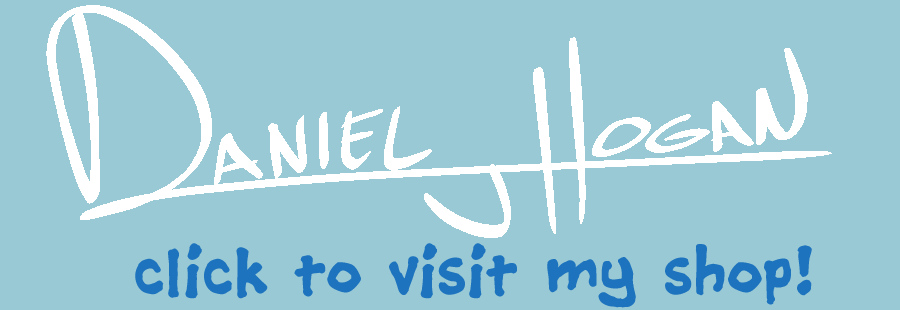I started using Blambot fonts for my comics (with this one). Why? After years of hand-lettering my digital comics, I decided to shake things up.
Blambot Fonts: The Switch
I never used Clip Studio Paint‘s font tool the past because I wasn’t crazy about the default fonts. This changed after I went to Blambot’s site and tried out a few of their free fonts. I downloaded a few free fonts and played around in Clip Studio Paint.
I quickly decided I wanted to switch to using a digital font.
Why I Switched to Digital Fonts
My Foxes & Boxes comics are more dialogue heavy than my older Clattertron comics. That comes with doing long-form story comic instead of a gag-a-day comic, which was usually more about visual gags. Switching to the font tool sped my work flow up, and made it easier for me to write and re-write dialogue on the fly.
For my old work flow, I typed the text out in OpenOffice, pasted it into Clip Studio Paint, and traced the text on a separate layer. While I mostly liked the look of this process, it kept losing some of its charm as the years went on—especially when I switched to Foxes & Boxes.
(Yes, I realize the compromise here would be to make a font from my handwriting. I haven’t ruled that out yet.)
Now, I type out the text in OpenOffice paste it straight into Clip Studio Paint. I rearrange the text a bit, move things around and such, but then I’m done. I sometimes rewrite dialogue after pasting it and seeing how it actually looks in the panel.
Blambot Free Fonts for Indie Creators
Blambot offers a bunch of fun fonts for free if you are an indie creator (like me). There are a bunch of premium fonts too, and I recommend giving them a look . I like it when companies go out of their way to throw a bone to indie creators. I may buy a premium font as a thank you.
Check out Blambot for some free fonts today! There are three categories: dialogue, sound effects, and design.


